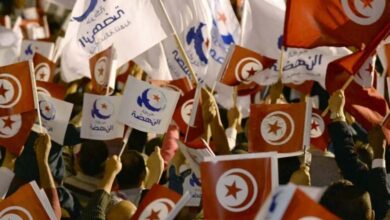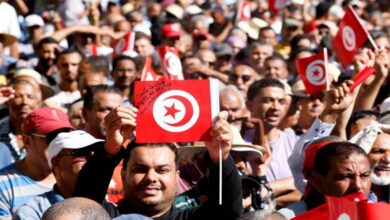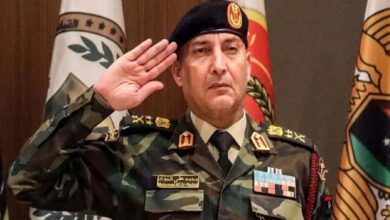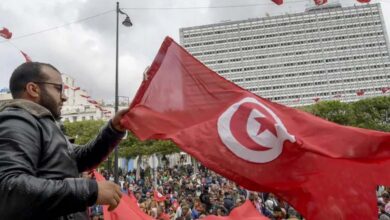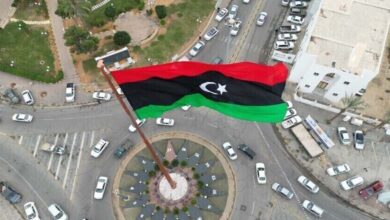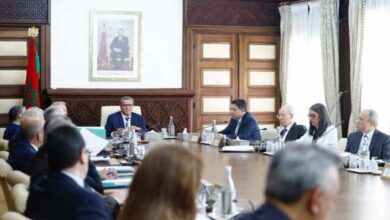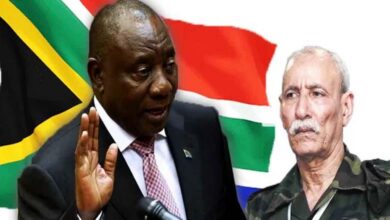Tunisian analyst reveals the crisis of the Muslim Brotherhood Ennahdha Movement after its prosecution
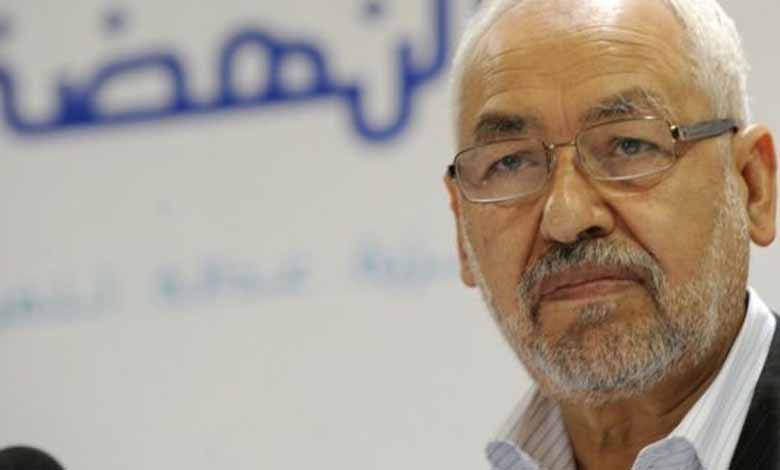
The first investigating judge in the ninth bureau of the Financial Judiciary Court in Tunisia sentenced three defendants to prison, including former Ennahdha leader and member of the Nama’a Association of Tunisia Abdul Karim Suleiman, for crimes related to money laundering and violating the country’s exchange laws.
Prosecutions
Several reports have revealed that the Nama’a Tounes organization is pursuing charges of receiving suspicious funds from foreign parties and links to the secret apparatus of Ennahdha, which is implicated in political assassinations. The Financial Magistrate included the son of Ennahdha President Rached Ghannouchi, “Moaz Al Khuraigi,” in search of money laundering suspicions. He also issued decrees freezing the transfer of ownership of the assets of 100 people among leaders, members and businessmen close to Ennahdha, and ordered the freezing of their bank accounts and accounts.
Ennahdha crises
Tunisian political analyst Dr. Bassel Al-Turgoman said that there are many corruption files chasing the Ennahdha Brotherhood movement in Tunisia, which included the imprisonment of many members, in addition to the quarantining of travel and freezing of properties of those close to Ennahdha.
The Tunisian political analyst added that the amount of money he discusses in the file of financial corruption exceeds hundreds of billions, in addition to the charges of terrorism, sabotage, and assassinations that follow this movement. He noted that Tunisia is currently facing charges of terrorism and corruption, which are pursuing the Brotherhood; It has been accused of involvement in terrorism and corruption, as two sides of the coin of Muslim Brotherhood conspiracies that Tunisia and the region have witnessed in the past ten years.
He said the Brotherhood is facing pressure to survive the loss of power, as well as security and judicial crackdowns, and the threat of opening all of its crimes files, whether related to political assassinations, terrorist practices, financial and administrative corruption, dependence on the outside, and possibly the classification of the movement as a terrorist organization according to the demands of some parties.





